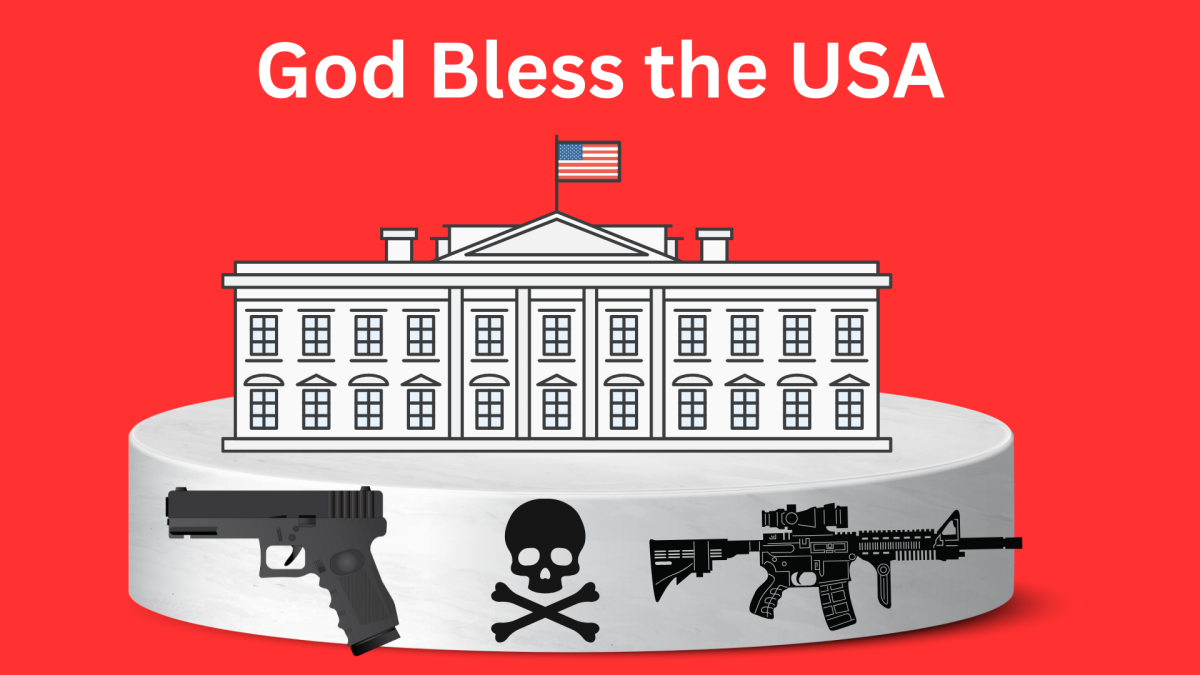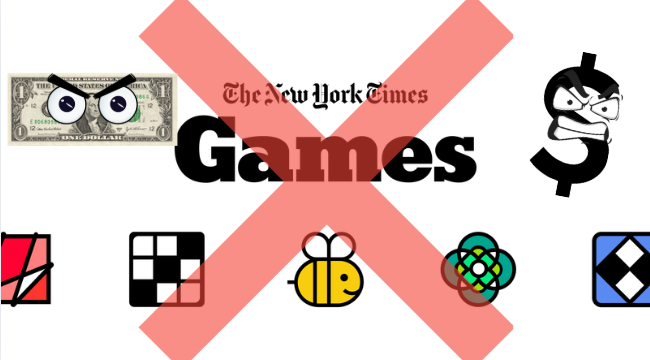Warning: This article contains references to violence which some might find disturbing.
Technically, a “militia”–as the Second Amendment to the U.S. Bill of Rights uses the term–is a group organized by the state or federal government for defense purposes during a crisis. More often, however, “militia” is used as the word for groups like the Oath Keepers: organized paramilitary forces, usually motivated by hard-right politics, who behave like a military force without official government authorization. These militias are not well-regulated by the government; they are uncontrolled vigilante groups.
To Americans of all political perspectives, militias should present a threat and a wake-up call.
Despite being illegal in all states and increased scrutiny after the Capitol Insurrection on Jan. 6, 2021, militia groups have not left American society. Indeed, they have gained surprising reach and potency and are prepared to use extreme violence to achieve their goals.
Militias attract all kinds of people. Many members are former, or even current, members of the U.S. military or law enforcement (including current Oath Keepers leader Robert “Bobby” Kinch). Professional figures, such as an OB-GYN turned healthcare business executive and a government attorney, have also participated in militia groups. Oath Keepers founder Stewart Rhodes was an army veteran and former legal clerk. These disparate souls are united by common extremist and conspiratorial beliefs, such as white supremacist and anti-immigrant politics, or suspicions of (nonexistent) “voter fraud” during the 2024 and 2025 elections.
“I think that [militia members] are seeking a sense of belonging…and that they often feel disengaged from the current demographics of the United States, as they see multiculturalism and diversity increasing in the United States,” Cynthia Fey from the Niles North English Department said. This may include not only white men, Fey said, but also non-white men who align themselves with white supremacists as “a way…to identify with power.” (Take, for example, imprisoned ex-Proud Boys leader Enrique Tarrio.)
Militia groups want “a return to a power structure where a white male is on top…their way of looking at things, I believe, is a hierarchical way of looking at things, where…There has to be people on top,” Fey said. This desire for power has resulted in militias assuming the role of police, engaging in everything from unsanctioned border patrols (which, Fey suspects, may have deadly consequences) to street patrols in cities like Chicago. “I actually ran into one of these militias in Grant Park a short time ago,” Fey said. Though she has never witnessed them committing actual violence, “I’ve started to notice that there are armed groups of men walking around together, and they are not Chicago police…They go under the radar, and sometimes one might wear a jacket that says “Security,” another will have the word “Police” across the back. But they don’t have badges, they are not wearing Chicago police uniform[s], but they’re armed to the hilt, and they walk together…they seem to have elected themselves to run security.”
Some Niles North students are alarmed about the rise of militias, and what it might mean for them. Senior Oyinkansola Ajana referenced the Proud Boys militia group in an interview: “…the Proud Boys have said a bunch of racist stuff, a bunch of racist…anti-Semitic, Islamophobic…stuff. And as a Black woman, I feel like I have to spend more time focusing on that, because that’s a big part of my identity, being Black and being a woman,” Ajana said.
Ajana must at times interact with ordinary people who find common ideological ground with militia groups–in other words, sympathizing with organizations who would want to hurt people like her. “ I have to spend a lot of my energy and time being like, ‘Oh, well, no, you can’t support these people and all. What these people are doing is bad, what these groups are doing is just hurtful to society as a whole, and hurtful to major groups of people.’”
In fairness, a changing country can often be difficult to understand. It’s natural to cling to familiar traditions, or to be slow to accept ways of thinking that diametrically oppose what we once thought was true. But militia groups are motivated, not by simple conservative wariness, but by reactionary anger and a desire to take control of people they consider lesser or threatening.
This anger has translated into brutal real-world behavior.
A shocking recent ProPublica article detailed the exploits of John Williams, the pseudonym for a civilian who infiltrated militia groups, including the Oath Keepers and anti-government group AP3. Williams discovered ties between militias and state law enforcement in Utah, Tennessee, Louisiana, and elsewhere. Militia members had spied on a journalist who disparaged them; one Utah sheriff, friendly with Oath Keepers, spoke on their behalf to the state’s Attorney General. Williams told journalist Joshua Kaplan he was afraid for his life now that he had betrayed the militias.
As a new presidential administration enters the White House, the danger of American militias will remain, and even increase. Donald Trump–who has defended and been associated with militia groups in the past–pardoned thousands of January 6 insurrectionists on his first day in office, potentially communicating to militia groups that he will support them and their violence. Pete Hegseth, a former Fox News co-host and prospective Secretary of Defense under the new Trump administration, has been critical of efforts to uncover extremism among members of the military; according to The Guardian, if confirmed, Hegseth will likely not devote resources to combating the radicalization of servicepeople. Additionally, with Mark Zuckerberg, CEO of Meta, removing content moderation functions on FaceBook, conspiracy theories and militia recruitment and coordination will become even easier than they already were.
So, what can be done about militia groups?
Georgetown University Law Center’s Institute for Constitutional Advocacy and Protection encourages citizens who run into militias to write down what they see, including details like:
- Whether the group is armed
- Whether they are wearing uniforms or insignia (and what it looks like if they do)
- Whether they are behaving like military units. These should be reported to the authorities.
If militias are outside polling places, the ICAP recommends calling Election Protection at 866-687-8683.
Members of the Niles North school community can also take steps to prevent the radicalization of our friends and neighbors. Oyinkansola Ajana says that talking to each other about militia groups and being careful not to speak favorably of groups that commit violence is important. Cynthia Fey agrees that discourse between students from different backgrounds can promote a feeling of community that will make students less susceptible to the messages spread by militia groups.
It’s also important, Ajana says, to make sure to get news from reliable sources, as opposed to sources like social media, where unreliable information and advocating for violence might be able to spread. “Our school has a whole [range of] secure databases,” says Ajana. “You should go try those out.”
But of course, the most important and effective way to oppose militias is to convince the government to take a stand against them. Individuals should pressure their governors, local police, and members of Congress to prosecute militias. Investigations into connections between members of law enforcement and militias must be conducted. Creating laws that restrict the sale of military-grade weapons will prevent unauthorized militias from having firepower they should not possess. Gun ranges, wilderness survival trainers, and other people who provide opportunities for militias to drill should vet their customers to make sure they are not teaching methods of war to militia members, which, according to Georgetown Law, is illegal in Illinois. When elections on any level for lawmakers and law enforcement officials come up, constituents should ask their candidates what they are willing to do about militias.
Militias are a danger to all Americans, regardless of their political views. Americans should reach across the party aisle to fight against militias. Such bipartisan solidarity will make it easier to get anti-militia legislation passed. Keep track, too, of how well anti-militia laws are enforced by regular police, to make sure they have a real effect.
Considering both the political forces in their favor, and their apparent willingness to resort to violence, cracking down on militia groups will be difficult and possibly dangerous. All the same, concerted efforts to remove militia groups from public life will make American citizens as a whole safer, and strengthen our democracy without the specter of violence hanging over dissidents or public figures.
We can either all be safe from militia groups, or all be in danger from them. The choice is ours.









